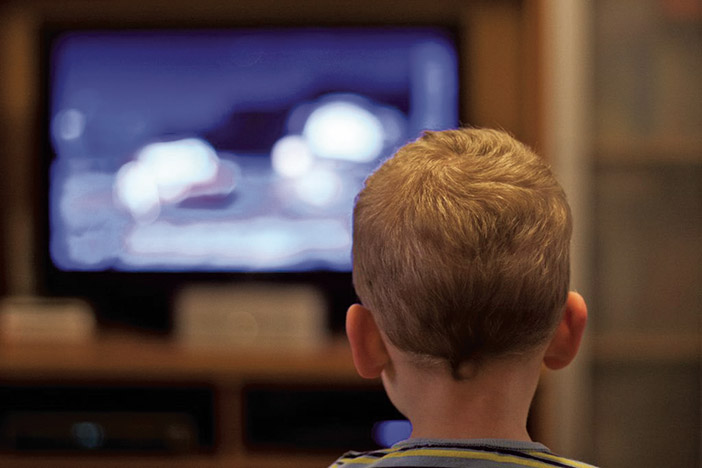
Following the recent presidential debates, many articles popped up online about parents and teachers who were struggling with whether or not to allow their children to watch the big event on television. Politics aside, parents seemed concerned about exposing their kids to the behaviors that were displayed during the debates by everyone involved. I think we can all understand why parents and teachers were reluctant to expose their kids to some of the poor role modeling that went on at these events. All effective parents want their children to learn from adults who set a good example of how to treat one another with kindness and compassion; however, I wonder what lessons kids could learn from watching, and learning from, the candidates at the debate.
A recent article in the New York Times discussed the struggle faced by a Wisconsin middle school teacher named Mr. Wathke in deciding how to proceed in his social studies classes without risking his students’ exposure to the questionable behavior displayed by the candidates on air. The article points out that the students in his class picked up on their teacher’s reluctance, and hesitated to share their true feelings related to the election and electoral process. One student said that he feared being sent to the principal’s office if he discussed the election too openly. Ultimately, Mr. Wathke took the very brave approach of openly addressing issues discussed during the debates, and used the candidates’ behavior as a model for how not to behave when interacting with others. Mr. Wathke was quoted in the New York Times article as guiding his students by explaining “we’re going to be talking about some topics today that can get a little tricky and a little heated,” he said. “But we want to make sure we’re being respectful of one another and we’re not hurting feelings. Remember when we watched some of that debate? And there was one thing that was the most annoying thing? The interruptions. We don’t want interruptions today.” And with that, Mr. Wathke managed to highlight a very important lesson in working with peers with whom we may not always agree. Life lessons like these can help us all succeed throughout our entire lives, both personal and professional, and there’s no doubt in my mind that his students can benefit from their social studies class in more ways than one.
Throughout our lives we all encounter people with whom don’t agree and personalities to which we have difficulties relating. This is simply a part of life, and learning to manage these relationships effectively is essential. Learning to respect one another despite our differences or different ideas, as well as how to handle situations that make us uncomfortable or upset, helps us all develop into more compassionate and respectful individuals. Kids can certainly benefit from lessons learned from the mistakes of others, and this election is full of those teachable moments. While even for the teacher this can be a challenge, and take a lot of time, these opportunities should be embraced when possible. What Mr. Wathke’s students will likely remember, beyond the political wrangling and the election results, is far deeper; they may take away a life lesson about effective interactions even with people with very different views. The very best teachers and parents seize on every opportunity to teach such things to children.
By Kira Batist, LCSW, MPS-H
Kira Batist is a licensed clinical social worker practicing in New York City. She also holds a Masters in Healthcare Interior Design from the New York School of Interior Design. Kira works at Montefiore Medical Group where she does clinical therapy with clients from all walks of life. Kira is currently building her private practice, where she hopes to make an impact on even more lives. Contact Kira by email at [email protected].










